Boston Terriers, known for their friendly disposition, expressive eyes, and charming tuxedo-like markings, are a popular dog breed loved by many. Like any other dog, they have specific dietary requirements. Ensuring they receive the right quantity and quality of food is paramount for their well-being. This article will guide you through the ins and outs of feeding your Boston Terrier, offering insights on amounts, calories, and estimated costs.
Understanding the Basics
Every Boston Terrier is unique, and factors like age, weight, activity level, and overall health play a crucial role in determining how much they should eat. A more active dog, for instance, will naturally require more calories than a sedentary one. Similarly, puppies, with their rapid growth, will need more nutrition and more frequent meals than adults.
Calorie Count
Boston Terriers typically weigh between 12 to 25 pounds when fully grown. An average adult Boston Terrier might need between 25 to 30 calories per pound of body weight per day. Hence:
- A 12-pound dog would require around 300 to 360 calories.
- A 20-pound dog would need about 500 to 600 calories.
- A 25-pound Boston Terrier might consume up to 750 calories.
However, always keep in mind that these are approximate numbers. The actual needs may vary depending on the specific dog and the richness of the food you’re providing.
Puppies vs. Adults
Puppies generally consume more calories because they’re growing. Boston Terrier puppies might need anywhere from 50 to 75 calories per pound of body weight. Thus, if you have a rapidly growing Boston Terrier pup, you’ll need to account for this increased calorie intake.
Reading the Dog Food Label
Dog food labels usually provide a recommended feeding guide based on weight. While this is a good starting point, always monitor your Boston Terrier’s weight and adjust feeding amounts accordingly. Overfeeding or underfeeding can lead to health issues over time.
Cost of Feeding a Boston Terrier
The monthly cost of feeding your Boston Terrier will significantly depend on the brand and type of food you choose. For instance:
- Economy Brands: Approximately $20 to $30 per month
- Mid-range Brands: Around $30 to $50 per month
- Premium Brands: Can be $50 to $80 or more per month
Always remember that while it might be tempting to save on dog food, the cheapest options might not always provide the best nutrition.
Wet Food vs. Dry Food
Boston Terriers, like many brachycephalic (short-nosed) breeds, can sometimes struggle with dental issues. Dry food can help reduce tartar build-up. However, wet food can be a good option if your dog is a picky eater or needs additional hydration. Many pet owners find that a mix of both works well.
Treats and Extras
Boston Terriers love treats! However, treats should only make up about 10% of their daily caloric intake. Over-relying on treats can lead to obesity. If you’re training your dog or just want to spoil them a bit, factor this into their daily food allowance.
Potential Health Concerns
Boston Terriers can be prone to certain health issues, like obesity, that are directly influenced by their diet. Regular check-ups with your veterinarian and being proactive about weight management can go a long way in ensuring a long, healthy life for your Boston.
Our 5 Top Foods for Boston Terriers
The diets were selected by our founder Justin Palmer, a certified canine nutrition expert, specifically with Boston Terriers in mind:
Conclusion
Feeding your Boston Terrier the right amount and type of food is foundational to their overall well-being. While the guidelines provided above offer a framework, always consult with your veterinarian to tailor a diet that meets your dog’s specific needs. With proper nutrition, your Boston Terrier will be better equipped to lead a happy and active life.
Frequently Asked Questions About Feeding a Boston Terrier
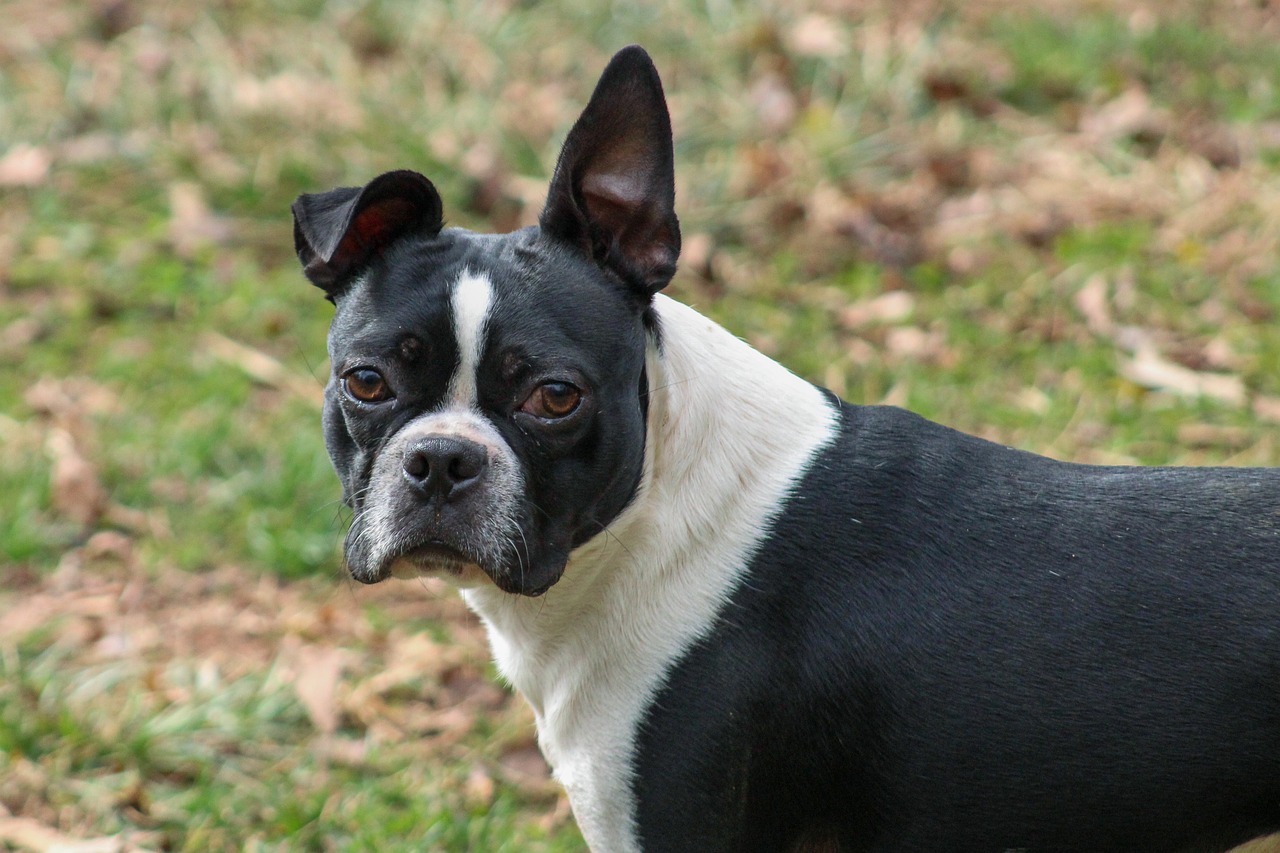
1. How many times a day should I feed my Boston Terrier?
Adult Boston Terriers typically do well with two meals a day, while puppies, due to their smaller stomachs and higher energy requirements, should be fed three to four times daily. This schedule helps maintain steady energy levels and prevents overeating in one sitting.
2. Can Boston Terriers eat human food?
While some human foods are safe for Boston Terriers in moderation, others can be toxic. Always avoid feeding chocolate, grapes, onions, garlic, and alcohol. If you wish to give them human food as treats, lean meats, certain fruits like blueberries, and vegetables like carrots can be good choices. However, these should be given in moderation.
3. Are grain-free diets suitable for Boston Terriers?
While grain-free diets have become popular, they’re not necessarily better for every dog. Some Boston Terriers with specific grain allergies or sensitivities might benefit from a grain-free diet, but always consult your veterinarian before making significant changes to your dog’s diet.
4. How much water should my Boston Terrier drink daily?
A Boston Terrier should drink at least one ounce of water for every pound they weigh, daily. This means a 20-pound Boston Terrier should consume at least 20 ounces of water. However, this can vary based on activity levels and weather conditions.
5. My Boston Terrier is overweight. How can I adjust their feeding?
Firstly, consult with a veterinarian to ensure there are no underlying health issues. If it’s purely a dietary concern, consider reducing portion sizes, limiting treats, and ensuring your Boston Terrier gets regular exercise. Opt for low-calorie, high-fiber dog foods to keep them full without overloading on calories.
6. Are raw diets good for Boston Terriers?
Raw diets can offer certain benefits, such as shinier coats and reduced allergy symptoms. However, they also come with risks like bacterial contamination and potential nutrient imbalance. If considering a raw diet for your Boston Terrier, consult with a veterinarian to ensure it’s balanced and safe.
7. Can I feed my Boston Terrier vegetarian or vegan food?
Dogs are omnivores, and while they can survive on a vegetarian or vegan diet, it’s crucial to ensure they receive all essential nutrients. If considering such a diet for your Boston Terrier, it’s imperative to consult a veterinarian or canine nutritionist to ensure their nutritional needs are met.
8. How do I transition my Boston Terrier to a new dog food?
To avoid digestive upset, transition your Boston Terrier to new food gradually over a week. Start by mixing 25% of the new food with 75% of the old for a couple of days, then a 50-50 mix for the next few days, and finally 75% new food with 25% old. After this, you can fully switch to the new food.
9. Is it okay to feed my Boston Terrier just once a day?
While some adult dogs can manage with one meal a day, feeding your Boston Terrier twice a day can help prevent blood sugar drops, reduce the risk of bloat, and provide more steady energy levels. It’s generally recommended to split their daily food allowance into at least two meals.
10. Do Boston Terriers have specific food allergies I should be aware of?
Like many breeds, Boston Terriers can have food allergies or sensitivities. Common allergens include beef, chicken, wheat, and dairy. If your Boston Terrier shows signs of allergies like itching, ear infections, or digestive upset, consult a vet to pinpoint the cause and adjust their diet accordingly.
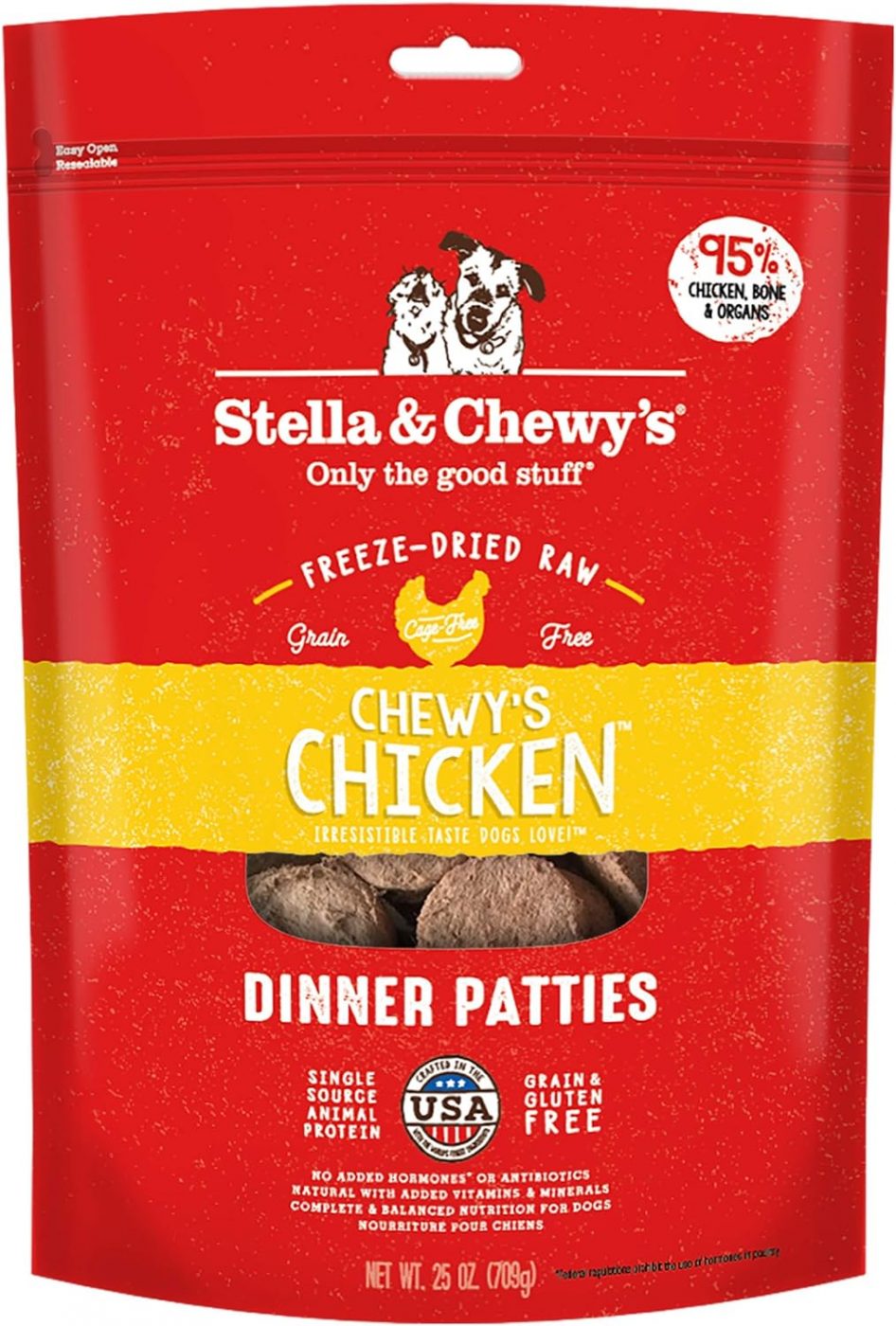
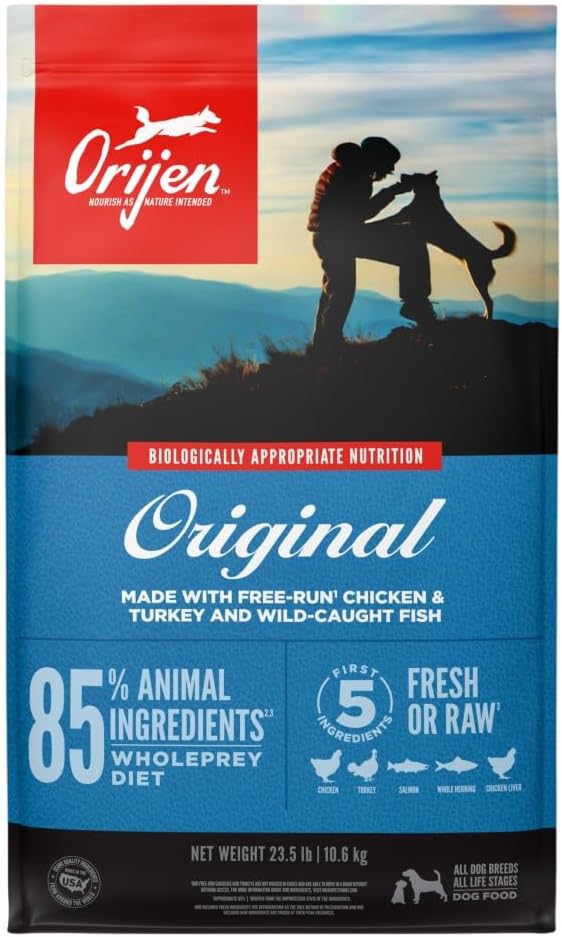
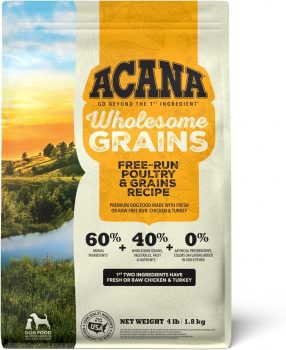
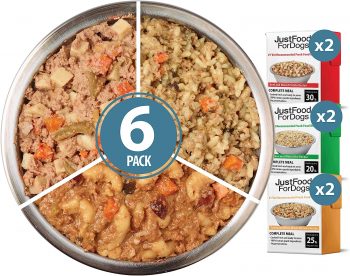
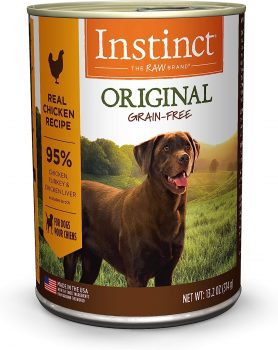
 Toledo, United States.
Toledo, United States.